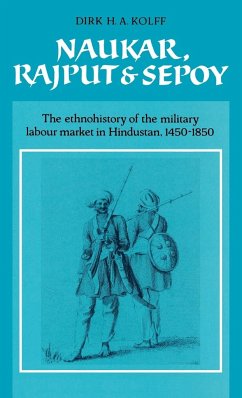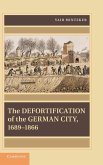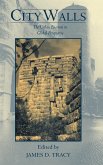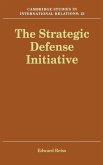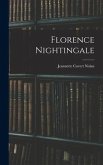This is a study of an aspect of the ethnohistory of North Indian peasant society: the importance of its military labour market for state and sect formation, for social change as well as for the energetic survival strategies of the villages of Hindustan. It traces the history of the British Indian sepoy to at least as far back as the fifteenth century, firmly rooting him in India's medieval past. It also shows that, from the anthropological point of view, not the hierarchically arranged castes, but the multiple alliances and fluid identities of the peasantry were the central phenomena of North Indian politics and decision making.
Table of contents:
Preface; List of abbreviations; Glossary; 1. Beyond the control of the state; 2. A Warlord's fresh attempt at empire; 3. The Rajput of pre-Mughal North India; 4. Politics and entrepreneurship of a 'spurious' Rajput clan; 5. Bhojpuri soldiering and the vicissitudes of Empire; Epilogue; Bibliography; Index.
This book studies the importance of North India's military labour market for state and sect formation, social change and the survival strategies of Hindustani villages, and shows how North Indian politics and decision making reflected the multiple alliances and fluid identities of the peasantry.
This book firmly roots the history of the British Indian sepoy in India'a medieval past.
Hinweis: Dieser Artikel kann nur an eine deutsche Lieferadresse ausgeliefert werden.
Table of contents:
Preface; List of abbreviations; Glossary; 1. Beyond the control of the state; 2. A Warlord's fresh attempt at empire; 3. The Rajput of pre-Mughal North India; 4. Politics and entrepreneurship of a 'spurious' Rajput clan; 5. Bhojpuri soldiering and the vicissitudes of Empire; Epilogue; Bibliography; Index.
This book studies the importance of North India's military labour market for state and sect formation, social change and the survival strategies of Hindustani villages, and shows how North Indian politics and decision making reflected the multiple alliances and fluid identities of the peasantry.
This book firmly roots the history of the British Indian sepoy in India'a medieval past.
Hinweis: Dieser Artikel kann nur an eine deutsche Lieferadresse ausgeliefert werden.

